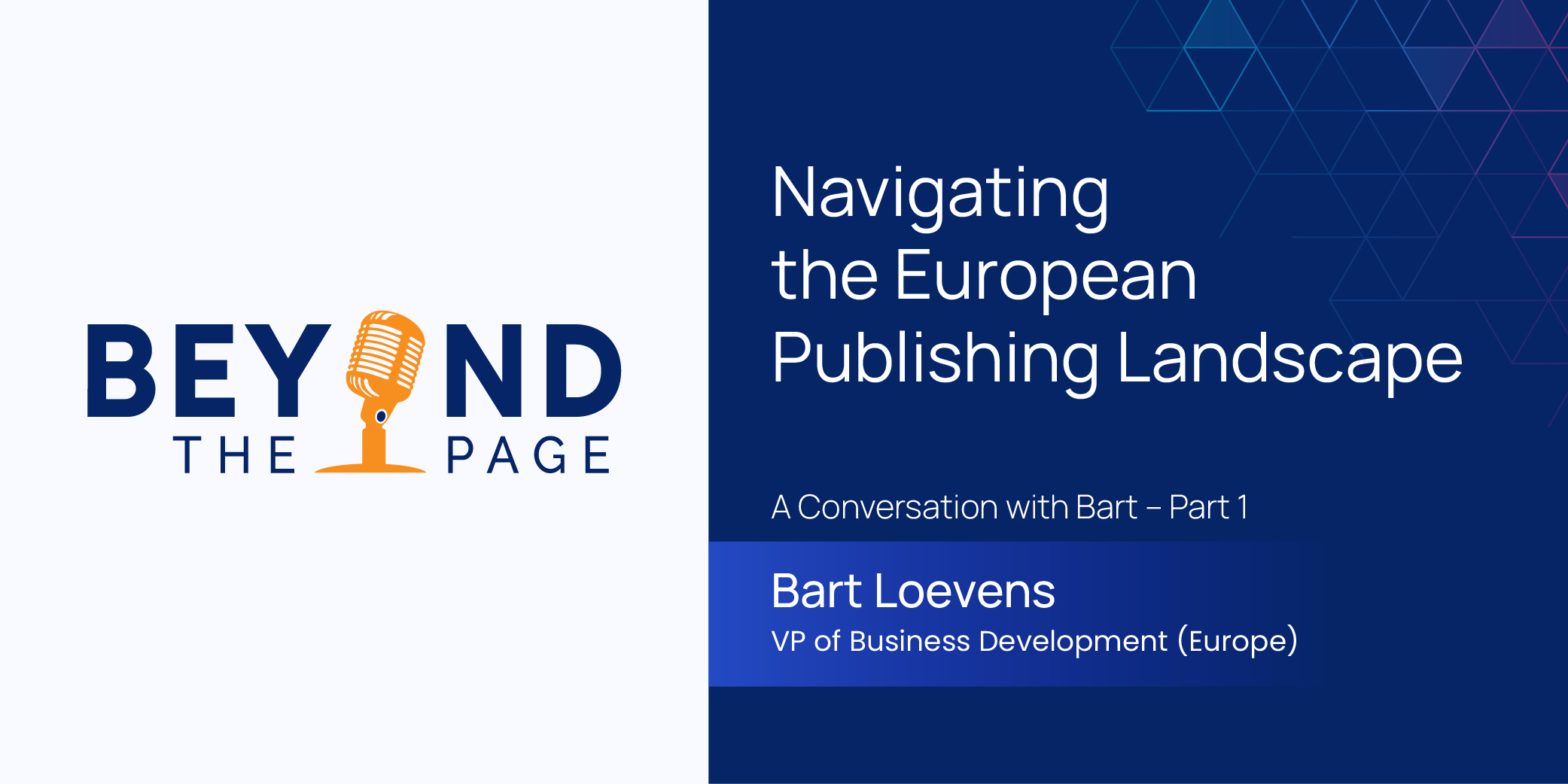Training for Success: A Peer Review Manager’s Journey in Scholarly Publishing

The world of scholarly publishing is always changing, isn’t it? New challenges pop up, and the demands keep evolving. That’s why continuous training and development are such big deals for anyone involved in the peer review process. Our recent article, “Training for Success” published in ISMTE EON takes you through the journey of a peer review manager and highlights just how important training can be—not just for individual growth but for elevating the entire editorial process.
Why Training Matters More Than Ever
In “Training for Success” (read it here), we talk about how training isn’t just about learning new skills (although that’s definitely part of it). It’s about creating a culture where continuous growth is the norm. That’s key in an industry that never stands still. We all know how the peer review process can sometimes feel like a marathon, but with the right training, it can be more like a well-paced relay where everyone knows their role and the baton gets passed smoothly.
Making Training Work: What Are the Key Strategies?
Let’s dive into some practical strategies for making training really count:
- Empower Teams by Building Their Skills
Think of training as giving your team a solid toolkit. It’s about more than just completing tasks—it’s about equipping Editorial Assistants with the skills to take on challenges head-on. With the right training, they’ll feel more confident handling complex situations, which ultimately benefits the journals they support.
- Boost Workflow Efficiency
We have all felt the distress of bottlenecks in the peer review process. Effective training can smooth things out. When teams are well-versed in the latest tools and best practices, everything just flows better. Fewer delays, more coordination, and way less time wasted.
- Reinforce Research Integrity and Ethical Standards
There’s no doubt that research integrity is at the heart of what we do. Training helps ensure everyone understands and adheres to the highest standards of ethical publishing. It’s about building a team that’s not only skilled but also tuned in to the nuances of identifying potential ethical issues before they become bigger problems.
- Stay Ahead of Industry Changes and Tech Advances
The landscape of scholarly publishing is constantly shifting—new technologies, updated guidelines, and emerging trends. Continuous training is what keeps your team agile and ready to adapt. It’s all about preparing for what’s next, rather than just reacting to it.
Training for Sustainable Success
Let’s face it—training isn’t a “one-and-done” kind of deal. It’s an ongoing journey. As we shared in “Training for Success,” making a commitment to continuous development means your team will always be ready for the evolving demands of the industry. Think of it as future-proofing your team, ensuring that they’re not just keeping up, but staying ahead.
Wrapping It Up
The insights from the article reflect our belief that great training can transform editorial processes. We are all about raising the bar in publishing, and that starts with giving our teams the skills and support they need to thrive.
If you’re curious and want to dive deeper, you can check out the full article here: Training for Success (https://doi.org/10.18243/eon/2024.17.9.1).
Let’s keep the focus on learning and growth as we shape the future of scholarly publishing together!
News & Insights

Enabling Accessibility in Scholarly Publishing – A Conversation with Lakshmanan Thirumoorthy

Navigating the European Publishing Landscape – A Conversation with Bart – Part 2

